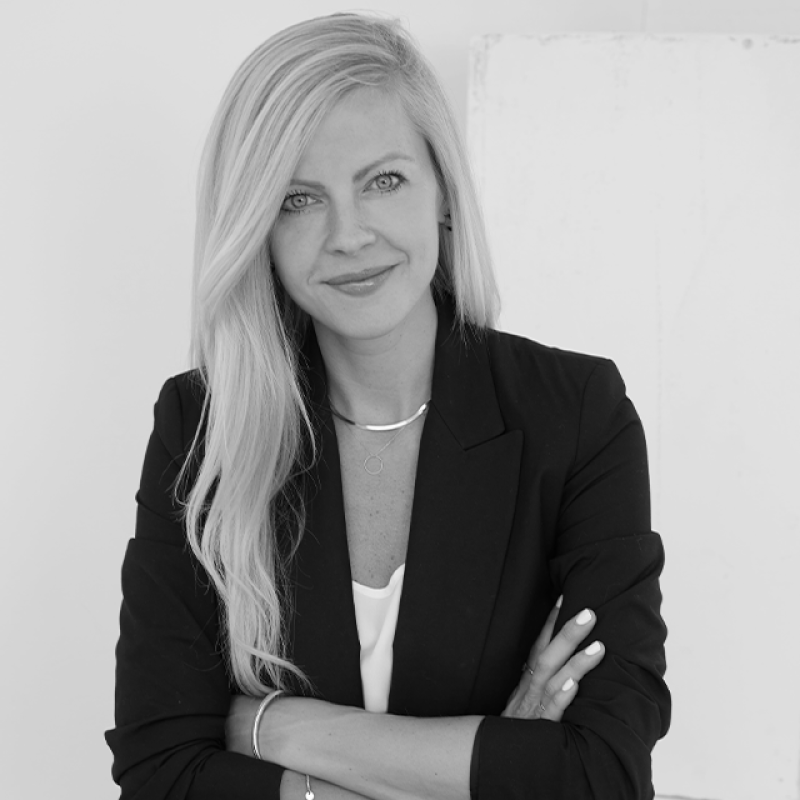
How & Why These 7 Women Switched Careers
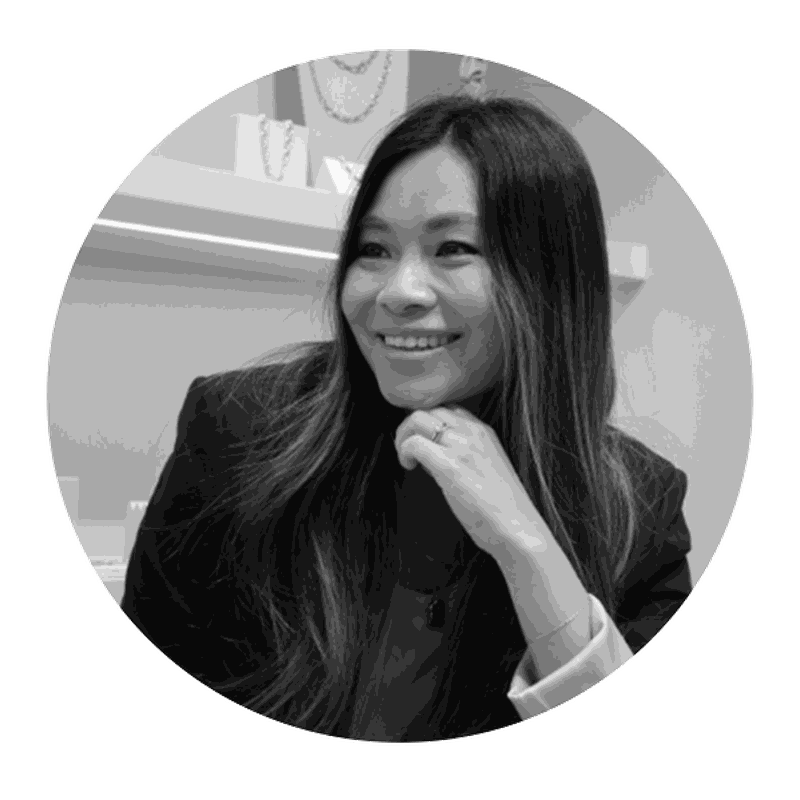
Connie Nam, CEO & founder of jewellery brand Astrid & Miyu discusses her switch from investment banker to the world of retail…
“I started my career in investment banking in Asia – specifically, Seoul and Hong Kong. It was a tough working environment with extremely long hours – 18-hour days were the norm – and it was a very male-dominated space. During this time, I developed a real interest in tech start-ups – they all seemed set on changing the world. Despite everything I learnt in investment banking, I knew it wasn’t a sustainable way to work – or live – so I decided to set up my own business.
“After identifying a gap in the market for quality fashion jewellery, Astrid & Miyu was born out of my small Notting Hill flat in 2012. I knew it wouldn’t be easy to build it from the ground up, but I always believed in myself. Switching careers like this taught me how to be adaptable and the importance of having a great team. Today, I have a team of more than 100 staff but in the beginning, I did everything myself – it means I have a real appreciation for how hard they work.
“Along the way I’ve made many mistakes, all of which have shaped me into the leader I am today. My only regret is not having a business mentor when I was starting out – it’s a big part of why I set up the Business Accelerator Programme in 2020 to support budding retail entrepreneurs.
“Finally, my advice for anyone wanting to make the leap is to make sure you are passionate about what you want to do. Also, research your new career path, so you’re informed and have all the facts before making a potentially life-changing decision. It’ll be worth it when it all pays off.”
Visit AstridAndMiyu.com
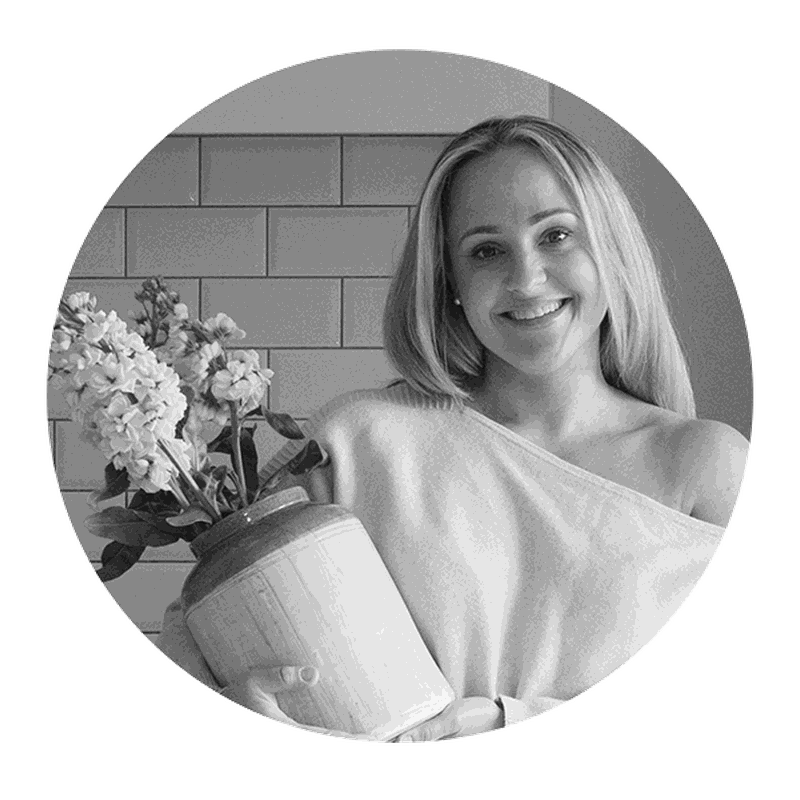
Kate Home-Roberts, co-founder of CharlesTed made the switch from car sales to interior design after her son received a life-changing diagnosis…
“I loved my job in car sales. I worked for Mini and the fast pace was addictive. But I always had this creative side and I knew I wanted to run my own business. The tipping point came when my son was diagnosed with cystic fibrosis. I wanted to have the flexibility of working for myself so I could be around whenever he needed me."
“My co-founder Hannah and I met when she was in the middle of building a house. It marked the beginning of CharlesTed – we were both on maternity leave, so didn’t have a huge amount to invest, but we each put up £300 to buy a handful of stock and sold pieces to friends and family. We reinvested the profits, and the business grew from there.
“If you switch careers, you have to keep going – don’t give up when things get tough. Yes, there’s extra pressure when you work for yourself, but it makes far more worthwhile. Also, play to your transferable skills from any previous career or work experience. When we started, we worked out of a tiny farm building and now we have a team of 13 and a standalone warehouse. We could have taken more risks early on but building the business slowly has meant we haven’t needed to bring in any outside investment – I’m so proud of that.
“If you’re thinking of changing careers, remember to enjoy the process. You don’t want to wake up in 30 years’ time wishing you’d had the guts to try. Also, these days, it’s so normal to change career, add side hustles or pack it all in and launch your own business. You don’t have to keep doing the same thing for 40-plus years. Just go in with your eyes open and be prepared to embrace whatever’s thrown at you. Get your hands dirty, try things out and learn as much as you can.”
Visit CharlesTed.com
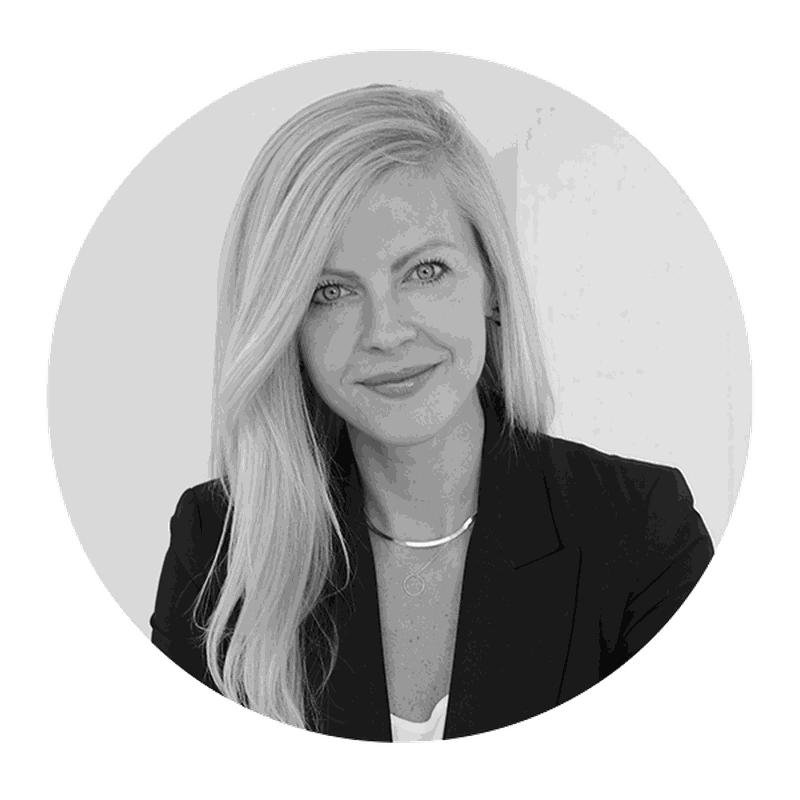
Deirdre O’Neill went from high-flying corporate lawyer in the City of London to co-founder of a fertility start-up, which she started with her twin sister during lockdown…
“I used to be a lawyer in the City, handling deals valued anywhere between £100,000 to £150m. A typical workday stretched to 16 hours and often included weekends. The burnout culture was extreme, so when I decided to try for a baby, I found it difficult to get pregnant – our bodies just don’t react well to sleep deprivation and constant stress. My twin sister Dr Helen O’Neill is an expert in the field of reproductive science, and we recognised a major gap in the market – so I left and joined forces with her and our COO, Dr Natalie Getreu, to co-found Hertility Health, an end-to-end women’s health platform offering tailored at-home fertility and hormone testing, as well as diagnosis and treatment for some of the most common reproductive health conditions out there."
“Switching careers taught me women are formidable forces – I took a baby with me to investor meetings only weeks after giving birth and grew a company during a global pandemic. Women can do anything they put their minds to and should never let societal expectations curb their ambition or energy. Ultimately, doing something that brings hope and happiness to others changes how you work. It means that you give 100% 24/7.
“I’d tell other women in a similar position you won’t regret it – no matter what happens, the long hours, the tears, the second-guessing – it’s all worth it if it’s something you are invested in. Also, use your own experiences to fuel your ideas – don’t let negativity or an oppressive work environment make you doubt yourself. If you’re seeking a solution that doesn’t exist, then there are probably other people out there looking for the same thing. Be the solution. You also have to have the right team around you – people who believe in what you’re doing and who will constantly challenge you to do better.”
Visit HertilityHealth.com

Once a successful actress in New York, Gabriela Hersham went on to co-found and run Huckletree, a co-working space which offers support to mentors, CEOs and start-ups…
“Initially, I was reluctant to give up acting – it was something I'd devoted thousands of hours to. That was until I was sure Huckletree was a viable business idea. It’s a problem so many early-stage founders have – their reluctance to let go. Once I'd raised my initial fundraising round for Huckletree and our first space was operational, it became clear I wouldn't be able to pursue an acting career at the same time."
“I first came across the co-working concept in New York in 2010. Working in the film industry made me feel very isolated and I craved routine and people. There was something about the idea of building physical spaces that are designed to bring people together that really excited me. As humans, we should be free to explore all outlets of our creativity and personality – career changes should be able to happen anytime.
“My biggest mistake was allowing how other people viewed me as a businessperson to bring me down. I've been in investment meetings where the male investors didn’t address me once. I've been told my dreams were too big, that I had no track record and asked not to raise my salary when it coincided with the start of my maternity leave. Luckily, this happens less these days; both because Huckletree is a reality and also, because I’m more confident.
“I’d tell other people to keep your concept simple, be confident that you'll be able to bring an incredible product to a large enough audience to make it worthwhile and make sure you can afford to live on a lower salary than you'd be paid elsewhere for the first few years. Also, build a supportive peer-group to help you navigate things at the start. Finally, keep your costs down and your ambitions high.”
Visit Huckletree.com
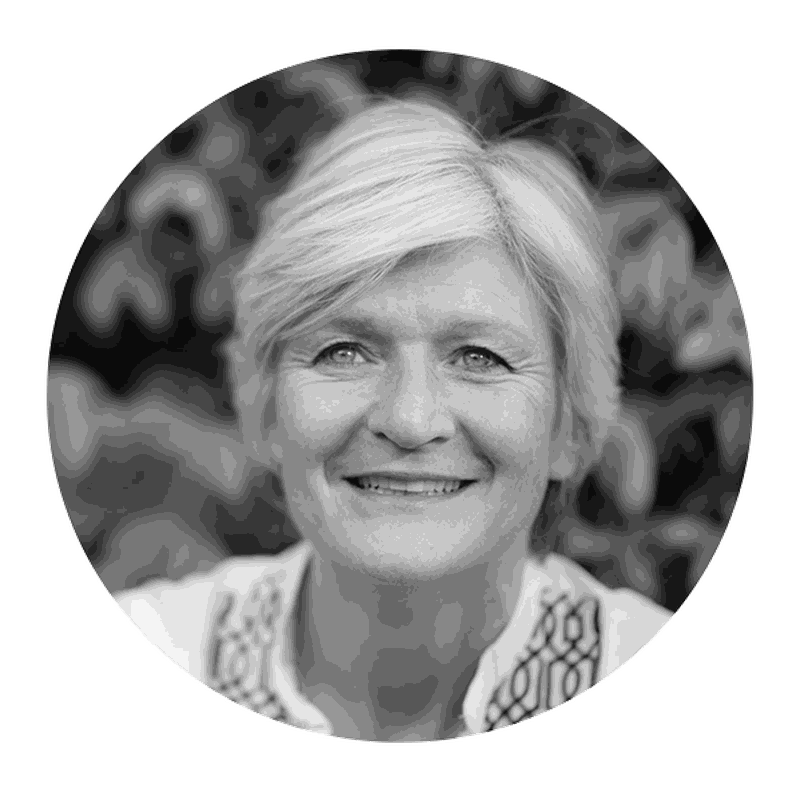
After Caroline Whaley left her high-flying role at Nike, she initially didn’t have another job to go to – until a friend called her with an idea to co-found Shine For Women…
“It was a perfect storm which instigated my career change. I was working for the Nike Foundation in Africa – a hugely rewarding role – but they were moving my position to the US and I didn’t want to move back there again. Having worked there for 17 years and with a milestone 50th birthday in sight, if I wanted to make a career move, now was the time."
“I left without another job to go to and wasn’t sure what I was going to do next. But sometimes, taking time out and creating space, even if you know what you want to do, is one of the best things you can do – rather than making life-changing decisions from a busy head. Soon enough, a friend needed help with a business idea – Shine for Women. She wanted someone to help her get it off the ground and though I’d never thought about a role in women’s leadership, I took the leap and never looked back.
“The first piece of advice is to take what you have learned with you. Everything you’ve done before can be reused, reinvented and recycled. Just apply it to the task at hand. Also, stay in touch with your former colleagues and allies, because they can still be that for you in your new life. Freedom is also incredible – but with it comes great responsibility and it requires constant confidence and self-belief. Every decision is yours, every challenge is yours, every direction is yours.
“Also, find a business partner who is aligned with your vision and values. Having someone there with you for the ride makes it so much more fun. Finally, remember that it takes time to switch careers or build a business. Try to limit other pressures in your life and be really practical and honest with yourself. The hardest part is making the decision. Once you get over this hurdle, just run with it. It may or may not work out as you expect, but you won’t know until you try.”
Visit Shine4Women.com
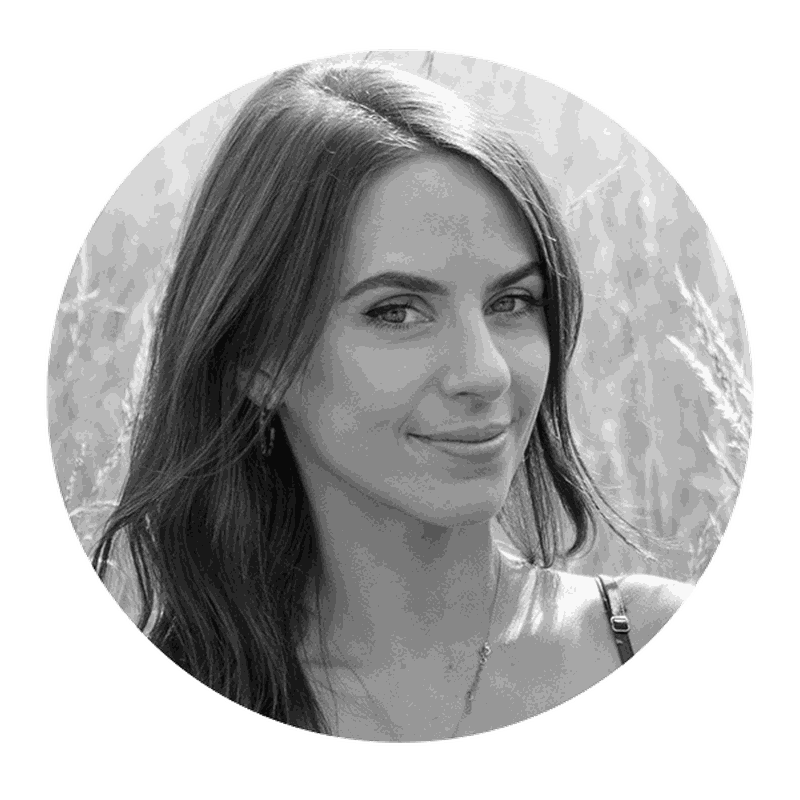
Another former actress, Gracie Tyrell turned her back on stardom to set up no-added-sugar snacking brand Squirrel Sisters with her sibling Sophie in 2015…
“Making a career change was a direct result of the instability I experienced in acting. It was too unpredictable – one month I would get lots of work and the next it would be so quiet. It was really difficult to plan my life and I couldn’t ever book anything social because I had to keep myself free for last-minute jobs."
“I ended up making the switch in 2015 to start a new snacking brand with my sister – at the time, healthy eating was still a novel concept and it felt like there was a real opportunity out there for a brand like ours. That said, moving into a totally new industry with no experience or knowledge made me feel quite inadequate at times; I definitely experienced imposter syndrome. I remember being in meetings with buyers and not having a clue what they were talking about – I just nodded and smiled along. Then, once the meeting was over, I left and googled everything they’d said!
“What I’ve realised in the last few years is how quickly you pick things up and how capable I am at dealing with all these new and ‘unknown’ situations. You may well discover the same thing about yourself. If you’re thinking about moving to a new industry, just make sure it’s something you’re truly passionate about – that’s what will give you the motivation to succeed.”
Visit SquirrelSisters.com
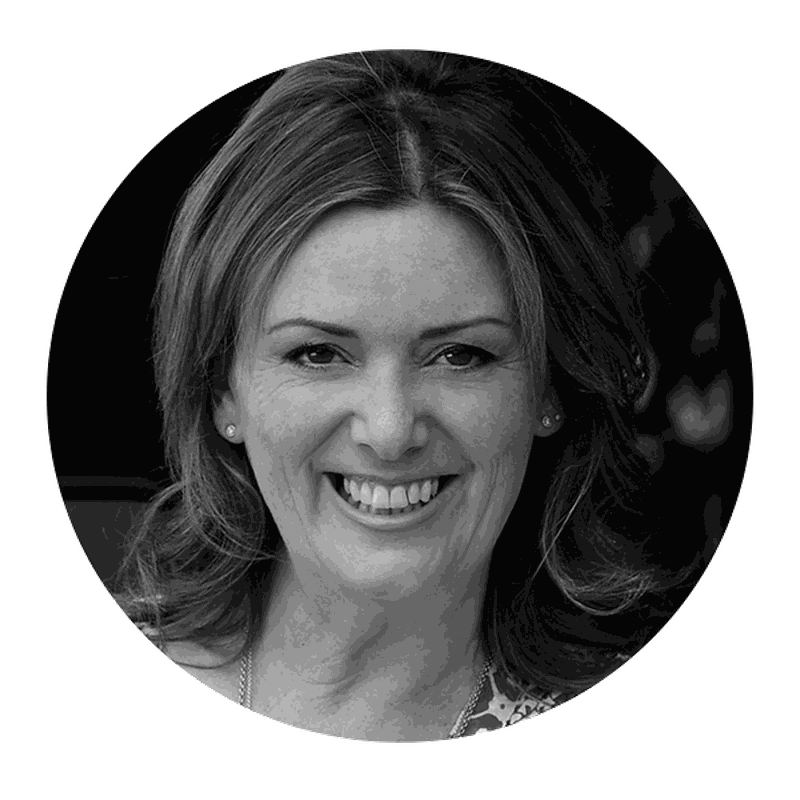
Her second daughter’s battle with chronic eczema is what prompted Joanna Jensen to leave her career in banking to set up children’s brand, Childs Farm…
“After my daughter Mimi was born in 2006, banking wasn’t for me anymore. I was 36, had been working full-time since 1988 in both London and Hong Kong, and it was time for a change. In 2008, my second daughter Bella was born and it turned out she had inherited my eczema prone skin. Riddled with allergies, we and the doctors were unable to make a meaningful difference to her daily pain."
"I tried everything – focusing on natural solutions rather than medicated steroids. It was the lack of a quality, naturally-derived solutions that gave me the idea to create my own products, and the farm that we lived on – Childs Farm – inspired the ethos of the brand."
“Making the switch taught me I was more capable, decisive and resourceful than I had realised, and that authenticity is at the absolute core of a successful business. Everything we do, say and believe is true to us – from our determination to be sustainable to our rigorous user trials. Also, everything happens for a reason, so if we make mistakes there’s normally a lesson to be learnt from it. I never look back thinking how I could have done things differently.
“You have to put everything into what you decide to do; and remember, if it was easy, everyone would do it. It’s a commitment – your free-time no longer exists; weekends are a myth; and holidays are simply working from another location. In the early days, I spent hours attending trade shows, selling at school fairs, dropping off products to retailers and just getting the brand out there. When I did get a listing in a shop, I would drive boxes of product to their premises, often covering hundreds of miles a day to deliver them by hand. With this much commitment, it’s vital you’re doing something you enjoy.
“Also, some of the best advice I could give anyone is if you want to keep your feet firmly on the ground, work with a charity. We’ve always supported Riding for the Disabled, which reminds us daily what it means to have the grit and determination needed to succeed.”
Visit ChildsFarm.com
DISCLAIMER: We endeavour to always credit the correct original source of every image we use. If you think a credit may be incorrect, please contact us at info@sheerluxe.com.

